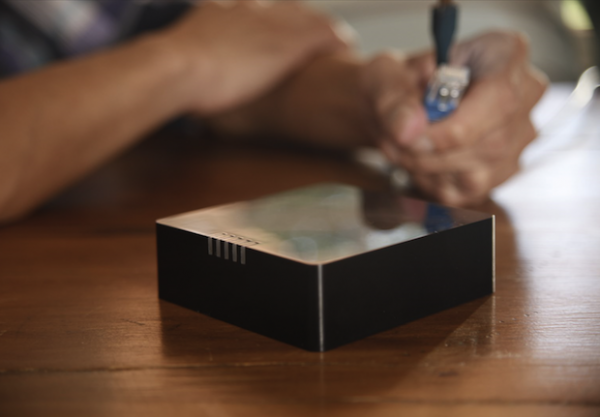
The LA-based energy startup company uses analytics, hardware, and data to find energy sinkholes in your home – sinkholes that cost you money. In an essence, they help customers save money, stop wasting energy and do it all without forcing you to study charts, learn to engineer or change your behavior.
To the co-founders Evan Birenbaum and Cole Hershkowitz, solving real customer problems and giving customers the insights they need to make changes, instead of just throwing a bunch of data at them is paramount. According to the duo, this helps to distinguish them from all the other companies competing in the energy savings space.

Pilot Project
Their public pilot project, which opened Friday to customers of the main California utilities, will combine hardware and software to find energy sinkholes in a home, inefficiencies and other areas ripe for improvement. Then, the Chai Energy team can alert users to an energy-gobbling refrigerator, a pool pump that runs two hours too much a day and many other hidden energy costs. They do this for cheaper than the price of Nest, the Google-owned smart thermostat company. The idea is to help consumers cut energy, find savings and help lessen the demand placed on utilities. After all, with the state’s efficiency and renewable goals, plus the rising cost of electricity, “the energy resource that makes the most sense is the energy that’s not used,” said Birenbaum
But beyond their conservation principles, the two saw a problem. Consumers didn’t know how to make a difference. “I never really understood what was causing my energy bills to be so expensive,” said Birenbaum.
That’s where the pilot comes into play. Participants will use their hardware – a small device that transmits information via radio to a smart meter – and the company pairs that with its analytical software to identify problem areas. California is home to roughly 12 million smart meters, according to Hershkowitz. The smart meter is already monitoring energy consumption, but this added device gives consumers actionable advice. Compared to other, more established companies in space, “we are more about empowerment,” said Hershkowitz.
The public pilot will be open to a limited number of customers, so Chai Energy encourages early applications. They plan a massive rollout later in the year.
Beyond helping individual household customers, Chai Energy sees potential to help the utilities as well. In the future, the team hopes to help utilities by reducing energy demand during peak periods (when energy is most expensive to procure and is typically from a ‘dirtier’ source).

